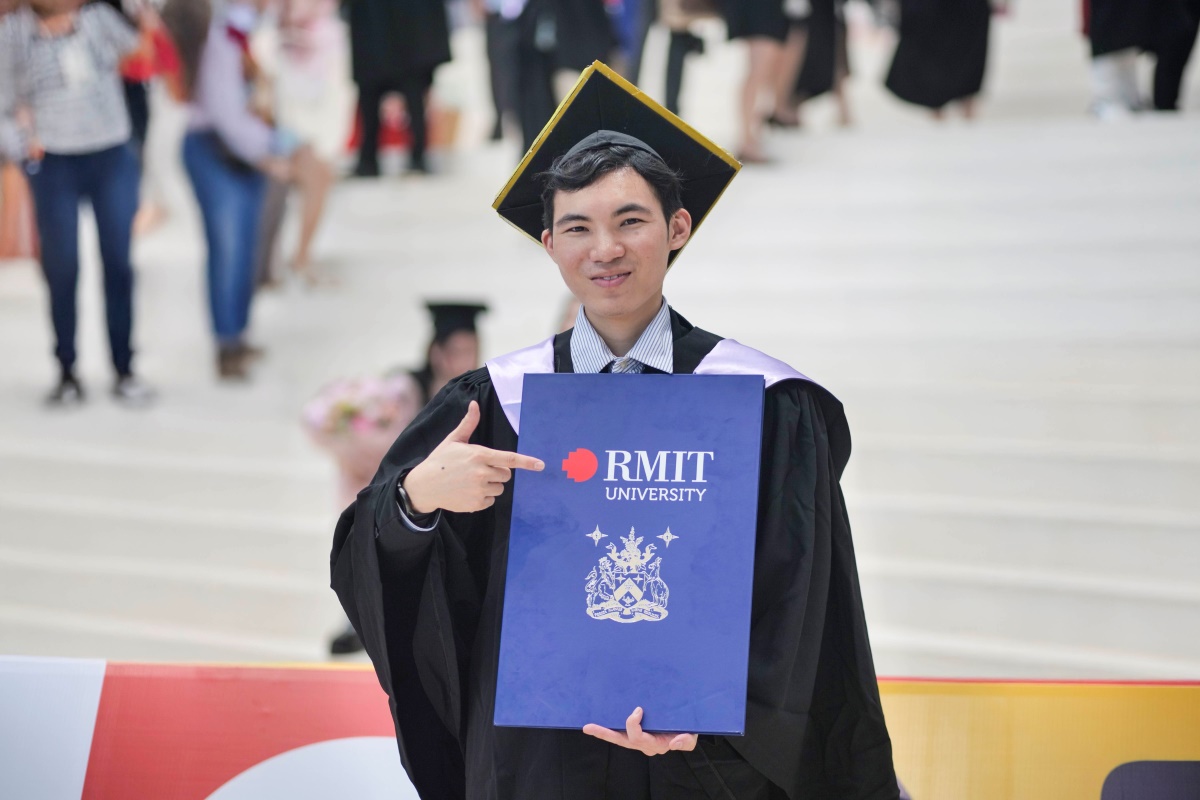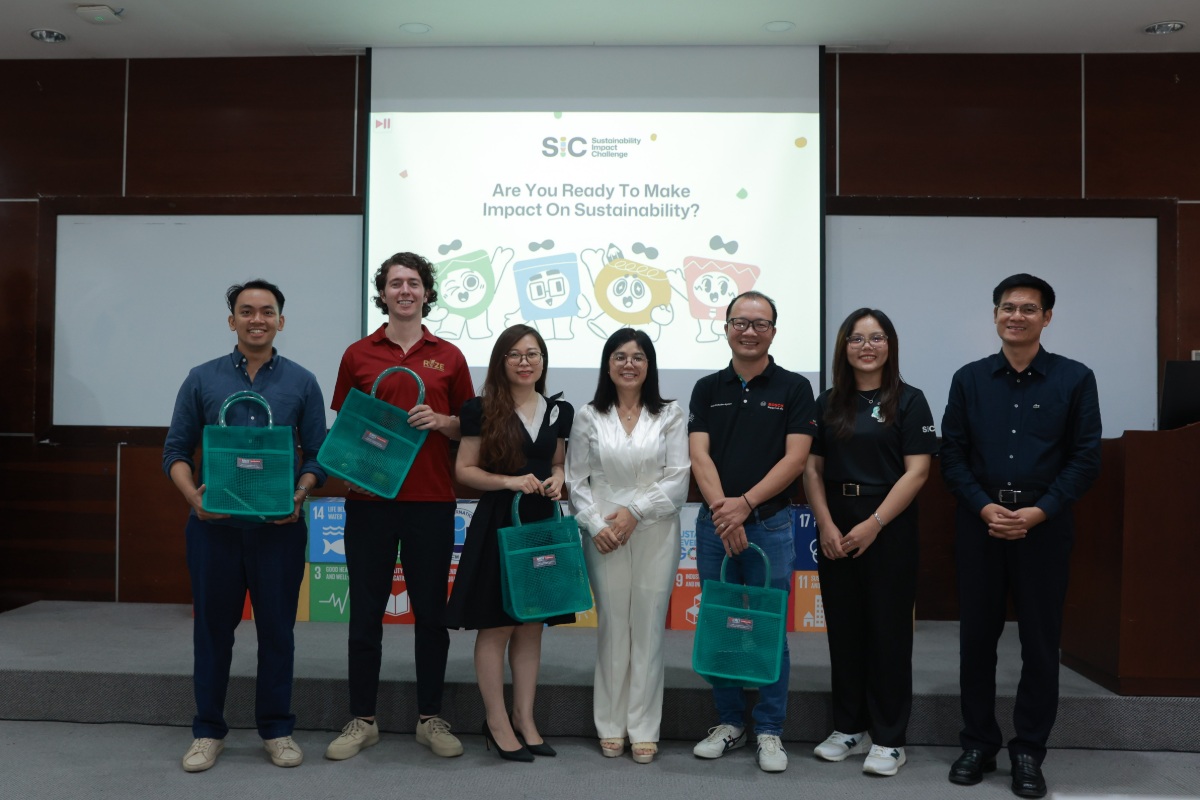However, Vietnam would only be able to achieve the projected numbers if the service capacity also grows. Estimates by the Vietnam Tourism Association show that by 2025, Vietnam will need over 800,000 people working in accommodation establishments alone. Yet the current training capacity can only meet one-third of the labour demand, according to Dr Nuno F. Ribeiro, Deputy Senior Program Manager and Research Cluster Lead of the Tourism and Hospitality Management program at RMIT Vietnam.
Dr Ribeiro believes there are two sets of talent that are currently seriously lacking in Vietnam’s tourism sector.
“First, we need managers at the entry and middle level with solid financial expertise, particularly in the realm of hospitality management, and who are familiar with the specific financial tools of hospitality.
“Second, and most importantly, we need tourism and hospitality professionals with solid expertise in service quality, meeting the expectations of travellers in/coming to Vietnam,” he said.
To make the matter worse, the current pandemic (or endemic by now) diverted the hospitality workforce into different sectors, such as real estate, which aggravated the skill shortage in the industry.
Dr Ribeiro explained: “The hospitality sector has tried to reduce the talent gap by recruiting expats and ‘stealing’ people from other service sectors. The latter is far from ideal as the vast majority of them are not qualified, nor do they have any training in tourism and hospitality. This has resulted in poor standards of service, employee turnover, and client dissatisfaction.”
Moreover, COVID-19 has caused a major decline in the number of students enrolled in tourism and hospitality academic programs in Vietnam. Studies conducted during the pandemic time have also shown that restrictions on travelling and physical distancing requirements caused guest interactions to be kept at a minimum level and created significant challenges for students to acquire practical learning experience through internship programs.
Dr Luong Thanh Thao, Human Resource Management Lecturer at RMIT Vietnam pointed out that “even before the outbreak of COVID-19, there had been significant quality issues in the local tourism and hospitality training institutions. This is one of the reasons students hesitate to choose this profession since the training programs often show inconsistent standards in curriculum design and program development, as well as weak education-industry linkages.”
Research has revealed that the current shortage of educators with adequate academic backgrounds and practical industry experience has also impacted the training programs.
“The infrastructure needed for education and training purposes in this service sector requires institutions to place a strong focus on designing classrooms and training spaces that promote experiential and interactive learning,” Dr Thao suggested.
“There is a need to create a contemporary simulated hotel environment and experience within the premises so that teaching and learning in this industry can be enhanced.”






